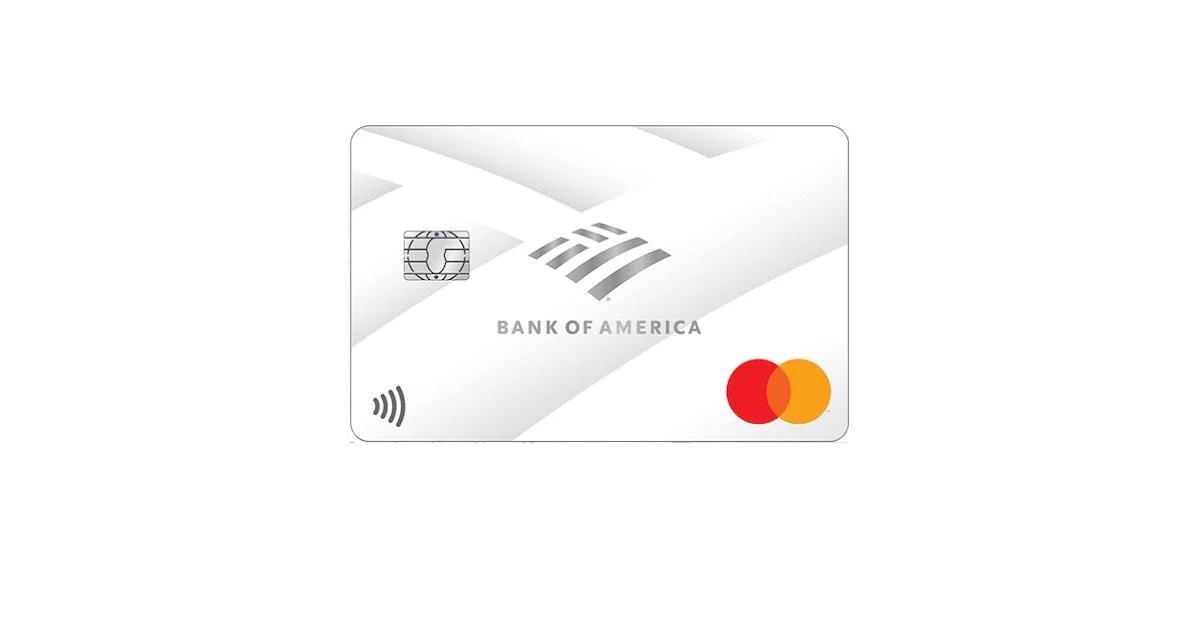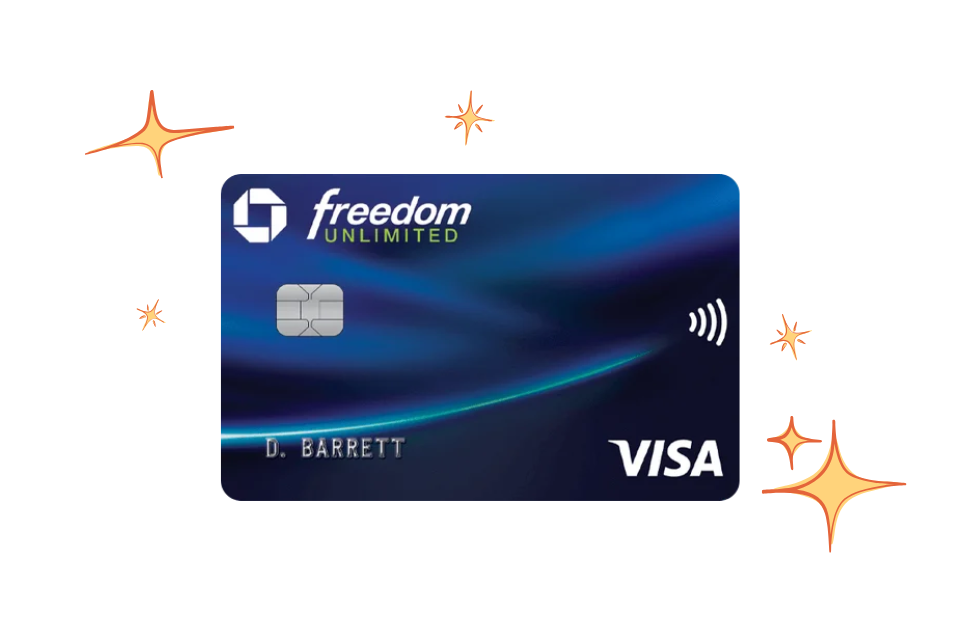How to choose the best credit card for daily use

Understanding Credit Cards
Choosing the right credit card for your daily expenses can feel overwhelming. With so many options available, it’s essential to understand what features matter most to you. This guide will help you navigate through the choices, ensuring you find a card that aligns with your needs.
Key Factors to Consider
When selecting a credit card, there are several key factors that can greatly influence your experience and financial management:
- Rewards Program: Many credit cards offer rewards such as cashback, points, or travel miles. For instance, a card that gives 1.5% cashback on all purchases can be beneficial for those who prefer a straightforward rewards system. Alternatively, if you often travel, a card offering 2X or 3X miles on travel-related purchases might be more advantageous.
- Annual Fees: Assess whether a card charges an annual fee, which can range from $0 to over $500 depending on the card’s prestige and perks. While a premium card may have a higher fee, it could also offer substantial rewards or benefits that can offset the cost. For example, if you frequently travel, a card with a $95 annual fee that provides airport lounge access and travel insurance might be worth it.
- Interest Rates: Compare APRs to find a card with low interest rates, particularly if you plan to carry a balance. For example, if you expect to carry a balance regularly, a card with an APR of 12% is far better than one with 24%. This difference can significantly affect how much interest you pay over time.
- Additional Perks: Some cards offer extra benefits such as extended warranties, purchase protection, or travel insurance. These perks can add great value. For instance, if a credit card provides purchase protection, it may refund you if an item you bought gets stolen or damaged within a specified period.
Evaluating Your Spending Habits
It’s also critical to evaluate your spending habits. For example, do you spend more on groceries, dining out, or travel? If you find yourself eating out frequently, a card that offers enhanced rewards for dining purchases could help you accrue points or cashback faster. On the other hand, if you have a family and tend to spend heavily on groceries, there are cards specifically designed to offer higher rewards in that category, ensuring you get the most bang for your buck.
By taking the time to analyze these factors and understanding how they align with your personal financial behavior, you can make a more informed decision. The right credit card will not only simplify your transactions but can also enhance your financial well-being and potentially provide additional rewards or savings over time.
SEE ALSO: Click here to read another article
Identifying Your Financial Needs
Before you dive into the world of credit card options, it’s crucial to take a step back and clearly identify your financial needs and goals. This self-assessment will guide you in selecting a card that will not only meet your daily spending requirements but also provide the most value based on your lifestyle. Understanding your spending habits and future aspirations will help ensure that you choose a credit card that aligns with your financial situation.
Assessing Your Monthly Expenses
Begin by examining your monthly expenses. Take the time to track your spending over the past few months to understand where most of your money goes. This could be through budgeting apps, spreadsheets, or even a simple journal. Do you frequently dine out, shop for groceries, or travel for work or leisure? A comprehensive review of your expenses will help you pick a card that maximizes rewards in those specific categories. Here are a few common spending categories to consider:
- Groceries: Many cards offer higher rewards rates for supermarket purchases, which can significantly benefit families or individuals who prioritize food shopping. For instance, some grocery store credit cards may offer 3% cashback on grocery purchases, meaning if you spend $300 a month, you could earn $9 just by using the right card.
- Dining Out: If you often enjoy dining out, choosing a card that specializes in restaurant rewards could significantly increase your cashback or points earnings. For example, a credit card that delivers 2 points for every dollar spent at restaurants can add up quickly, especially if you dine out regularly.
- Gas and Transportation: For those who commute frequently or travel long distances for work, a card that offers rewards on gasoline and transportation can be beneficial. Some credit cards provide 5% cashback on gas purchases, which could turn your fuel costs into an opportunity for savings.
- Online Shopping: If you’re an avid online shopper, you may want to consider cards that provide bonuses or cashback on e-commerce purchases. Certain cards can offer up to 5% cashback for select online retailers, which can be a good way to earn rewards for purchases you’d be making anyway.
Understanding Your Financial Goals
Next, evaluate what you want to achieve with your credit card beyond just daily spending. Are you looking to build your credit score, earn travel rewards, or simply save money through cashback? Understanding your long-term financial goals can greatly impact your decision. For instance, if your goal is to travel, selecting a card that offers airline miles or hotel points can turn everyday spending into extraordinary experiences. For example, a travel rewards card might give you one mile for every dollar spent, which can accumulate quickly for free flights or hotel stays.
If improving your credit score is your main intention, finding a card with responsible credit limits and manageable interest rates is essential. A card that offers a low annual fee and attractive introductory offers can also be beneficial in helping you establish a positive credit history without incurring too many costs upfront. Furthermore, making on-time payments will help boost your score, making it easier to qualify for larger loans in the future, such as a mortgage or auto loan.
The right card for daily use is one that not only fits your spending habits but also aligns with your overall financial strategy. By carefully considering your expenses and financial goals, you can narrow down your options significantly. Remember, the ideal credit card will enhance your purchasing power while contributing to your financial well-being. Take the time to assess your needs thoroughly; it can result in substantial financial benefits in the long run.
SEE ALSO: Click here to read another article
Evaluating Credit Card Rewards and Benefits
After assessing your financial needs and goals, it’s time to look closely at the rewards and benefits the various credit cards offer. With so many options available, understanding how to leverage these rewards can elevate the value you receive from your chosen credit card.
Types of Rewards Programs
Credit cards can offer different types of rewards: cashback, points, and miles. Each of these has its own benefits and can be advantageous depending on your spending habits. Here is a breakdown of each type:
- Cashback: These cards provide a percentage of your spending back as cash. This can be straightforward and easily redeemable, often providing a flat rate or tiered categories. For example, a cashback card might give 1.5% on all purchases or 2% on groceries and dining. If you spend $500 a month, you could earn $10 to $15 back without much effort.
- Points: Point-based rewards systems allow you to earn points for every dollar spent. These points can typically be redeemed for various items like gift cards, merchandise, or even account credits. Some points programs have partnerships that can offer even greater value when redeemed through travel or special offers, making it beneficial for those who frequently travel.
- Miles: Travel enthusiasts may prefer cards that offer miles based on their expenditures. These miles can be used for free flights, upgrades, and more. Some airline-associated credit cards provide extra perks like priority boarding or free checked bags, which can enhance travel experiences. For someone who travels a lot for business, this could lead to substantial savings over time.
Annual Fees vs. Benefits
Another critical factor to examine when choosing a credit card is the annual fee. While some cards charge a fee but come with extensive reward opportunities and premium perks, others are entirely no-fee but might not provide the same value. Calculating whether the potential rewards outweigh the costs can help you make an informed decision.
For example, a card with a $95 annual fee that offers travel perks worth $200 may be a better value than a no-annual-fee card that provides limited rewards. Consider factors such as access to exclusive offers, bonus point opportunities, and customer service when evaluating annual fees. Sometimes, this level of service can enhance your cardholder experience.
Introductory Offers and Promotions
Keep an eye out for introductory offers, which often include bonuses for new customers. For instance, some cards may offer generous sign-up bonuses, such as earning 50,000 points after spending $3,000 within the first three months. These incentives can significantly increase the value of a card, especially if you have upcoming purchases or expenses that allow you to reach that spending requirement easily.
Additionally, many cards offer promotional rates on balance transfers or purchases for a limited time, which can be useful if you’re managing existing debt. A promotional rate of 0% APR for the first 12 months can help you save on interest while paying off existing balances or making large purchases without the burden of immediate interest charges.
Ultimately, by evaluating the kinds of rewards available, comparing annual fees with potential benefits, and considering introductory offers, you can find a credit card that will enhance your daily spending experience and help you achieve your financial goals efficiently. Being informed about these elements can put you in a strong position to maximize the rewards you earn from your credit card usage.
CHECK OUT: Click here to explore more
Conclusion
Choosing the best credit card for daily use is a significant decision that can influence your financial well-being and overall spending experience. To make the right choice, it’s essential to start by understanding your own spending habits and needs. This foundational step allows you to narrow down options that align with your financial goals, whether that’s earning rewards or managing debt more effectively.
Once you have clarity on your spending patterns, dive into the specifics of each card, focusing on rewards programs, annual fees, and introductory offers. Assessing the type of rewards—be it cashback, points, or miles—can lead you to a card that not only rewards your spending but also harmonizes with how you use it. Remember that no-annual-fee cards may seem appealing, but in some cases, a card with a small fee might provide benefits that far exceed the cost.
Additionally, consider any initial offers that can give you a head start in maximizing benefits. Pay attention to promotional rates that can aid in managing existing debt. By staying informed about these features and doing some comparative analysis, you pave the way for a credit card that not only meets your needs but also enhances your overall financial strategy.
Ultimately, selecting a credit card requires careful consideration, but with the right approach, you can find one that significantly enhances your daily spending and helps you achieve your financial aspirations.


